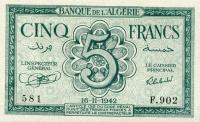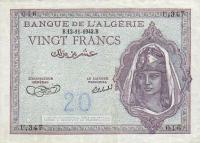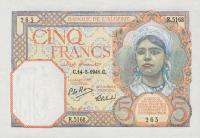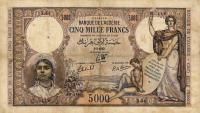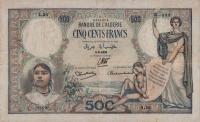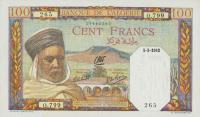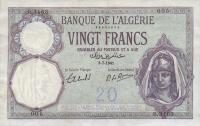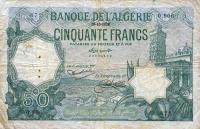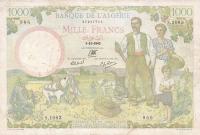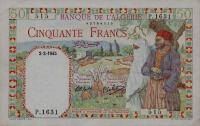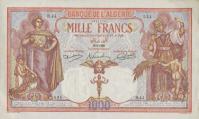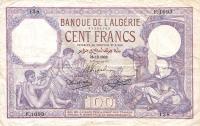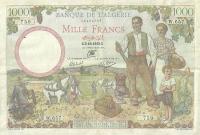
Country Information:
The People's Democratic Republic of Algeria, a North African country fronting on the Mediterranean Sea between Tunisia and Morocco, has an area of 2.382 million sq. km. and a population of 33.77 million. Capital: Algiers. Most of the country's working population is engaged in agriculture although industrial diversification, financed by oil revenues, is making steady progress. After more than a century of rule by France, Algerians fought through much of the 1950s to achieve independence in 1962. Algeria's primary political party, the National Liberation Front (FLN), has dominated politics ever since. Many Algerians in the subsequent generation were not satisfied, however, and moved to counter the FLN's centrality in Algerian politics. The surprising first round success of the Islamic Salvation Front (FIS) in the December 1991 balloting spurred the Algerian army to intervene and postpone the second round of elections to prevent what the secular elite feared would be an extremist-led government from assuming power. The army began a crackdown on the FIS that spurred FIS supporters to begin attacking government targets. The government later allowed elections featuring pro-government and moderate religious-d parties, but did not appease the activists who progressively widened their attacks. The fighting escalated into an insurgency, which saw intense fighting between 1992-98 and which resulted in over 100,000 deaths - many attributed to indiscriminate massacres of villagers by extremists. The government gained the upper hand by the late-1990s and FIS's armed wing, the Islamic Salvation Army, disbanded in January 2000. However, small numbers of armed militants persist in confronting government forces and conducting ambushes and occasional attacks on villages. The army placed Abdelaziz Bouteflika in the presidency in 1999 in a fraudulent election but claimed neutrality in his 2004 landslide reelection victory. The 2006 merger of the Salafist Group for Preaching and Combat (GSPC) with al-Qaida (followed by a name change to al-Qaida in the Lands of the Islamic Maghreb) signaled an increase in bombings, including high-profile, mass-casualty suicide attacks targeted against the Algerian government and Western interests.



